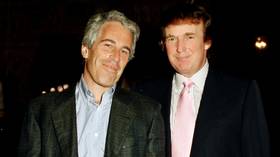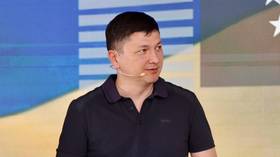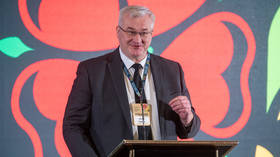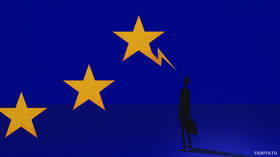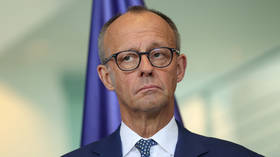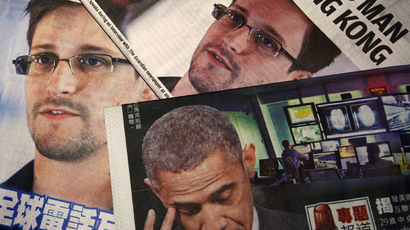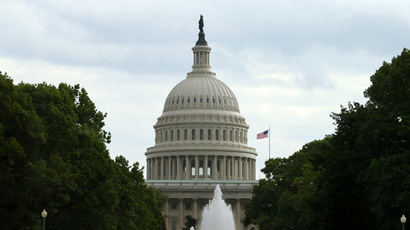‘Betray Snowden, betray freedom’: Hong Kong, Washington rallies embrace NSA leaker
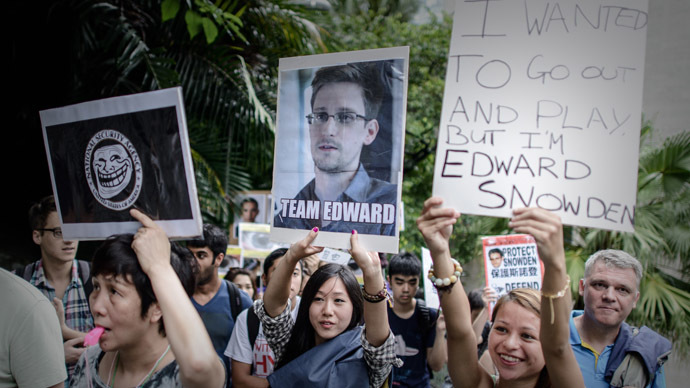
Hundreds marched in Hong Kong to demand protection for Edward Snowden, who leaked revelations of US electronic surveillance and is now believed to be holed up in the city. The demonstration came hours after a similar action was staged in Washington, DC.
Chinese protesters, made up of 27 civil society organizations, marched to the American consulate, holding banners bearing Snowden's image and reading “Betray Snowden, betray freedom”, “Safeguard freedom of speech, protect Snowden”, and "No Extradition" in both Chinese and English.
The protesters handed over a letter addressed to US Consul General Steve Young slamming the violation of human rights exposed by the ex-NSA officer.
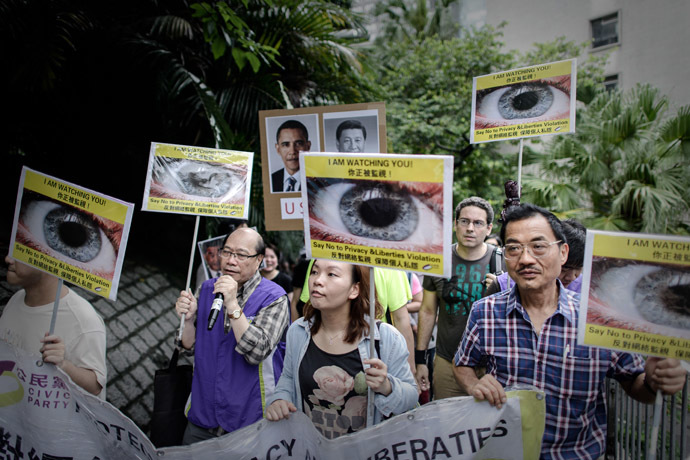
“For many years, the US State Department has publicly
supported the cause of internet freedom and criticized other
governments for conducting cyber-attacks, surveillance and
censorship,” the statement says. “We now understand,
through recent revelations, that the US government has been
operating their own blanket surveillance systems and allegedly
conducting cyber warfare against Hong Kong. This is a violation
of Human Rights of people of Hong Kong and around the world.”
In an interview with Hong Kong's main English-language newspaper
the South China Morning Post on Wednesday, Snowden maintained
that among the 61,000 targets hacked by the NSA there were
hundreds in Hong Kong and mainland China.
One of the organizers of the protest a democratic legislator
Claudia Mo told AP that "His war is essentially one of
security versus privacy and freedom and that governments must
draw a line of how far they could go. They can't claim national
security as the umbrella excuse, the umbrella reason and
authoritarian governments can just do anything they want to in
the cyberspace.”
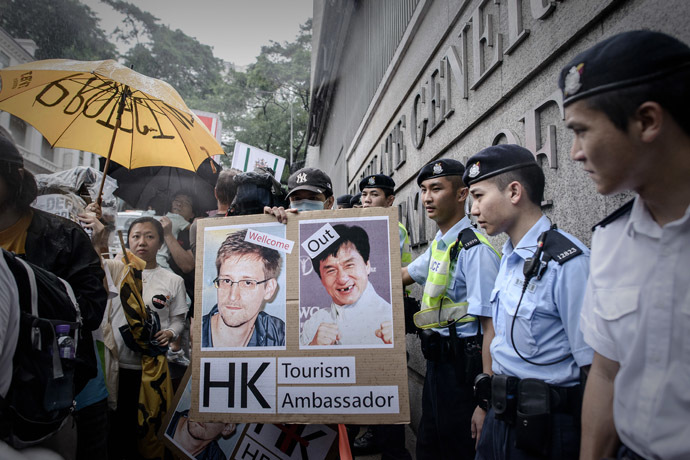
There were American citizens who joined protests in China. Like
Drew Gibson, a protester from New York.
"Snowden did absolutely the right thing,” Gibson said.
“He had insider knowledge of these surveillance programs, and
I think at a great personal risk he was willing to expose this to
the world. I don't think he would benefit from this in any
way.”
"Today we all blow the whistle," shouted Tom Grundy, a
British blogger and activist who lives in Hong Kong, France 24
reports.
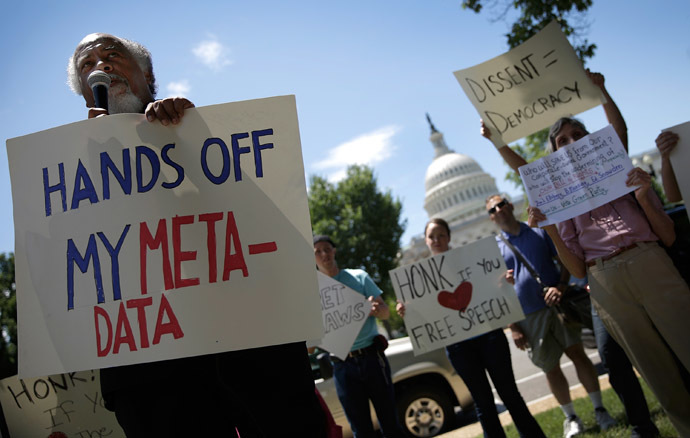
Earlier, outrage has been building in the opposite part of the
world. Outside Capitol Hill in Washington, a couple of dozens of
protesters were warned that their gathering had not been
authorized and therefore was unlawful, so all those rallying
without a permit would be subject to arrest.
Protesters in Washington voiced their concern about unchecked
government powers.
“We’re supposed to address our grievances to our government,
this is one of the biggest scandals ever – and we’re not allowed
to do that – what does that say?” one of the protesters told
RT.
“I think these discussions about Snowden are really a
distraction. What we need to be focusing on isn’t what he did was
lawful. It is whether or not what the agency did was lawful,”
one woman said.
“What we do or don’t do as a society about this massive
accumulation of power through the control of information about
people’s personal and social lives, gathered on every digital
electronic device marketed to us,” a man addressing the
meeting said.
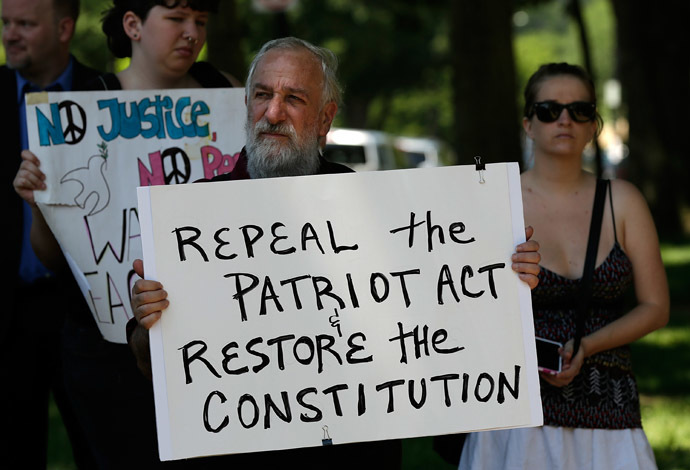
The cyber stand-off between the US and China has heating up over
the last months amid accusations made by Washington of Chinese
hackers stealing vital information from American companies. It
turned out, though, that it was Washington that organized a total
surveillance programs enabling the US administration to gather
information on any living human being, be it an American or a
Chinese citizen.
A former contract employee at the National Security Agency,
Snowden revealed to The Guardian and Washington Post newspapers
confidential information on secret US surveillance programs that
gathers any digital data, from phone calls to file storage, on
practically any person living on our planet. Snowden, 29, was
last time seen in Hong Kong.
The US authorities have launched a criminal investigation into
Snowden’s actions and he is being currently sought by both the
NSA and CIA, most likely to be charged with treason.


